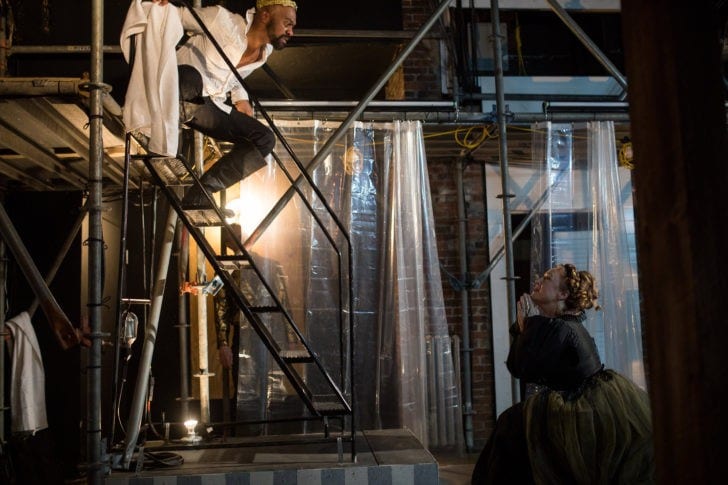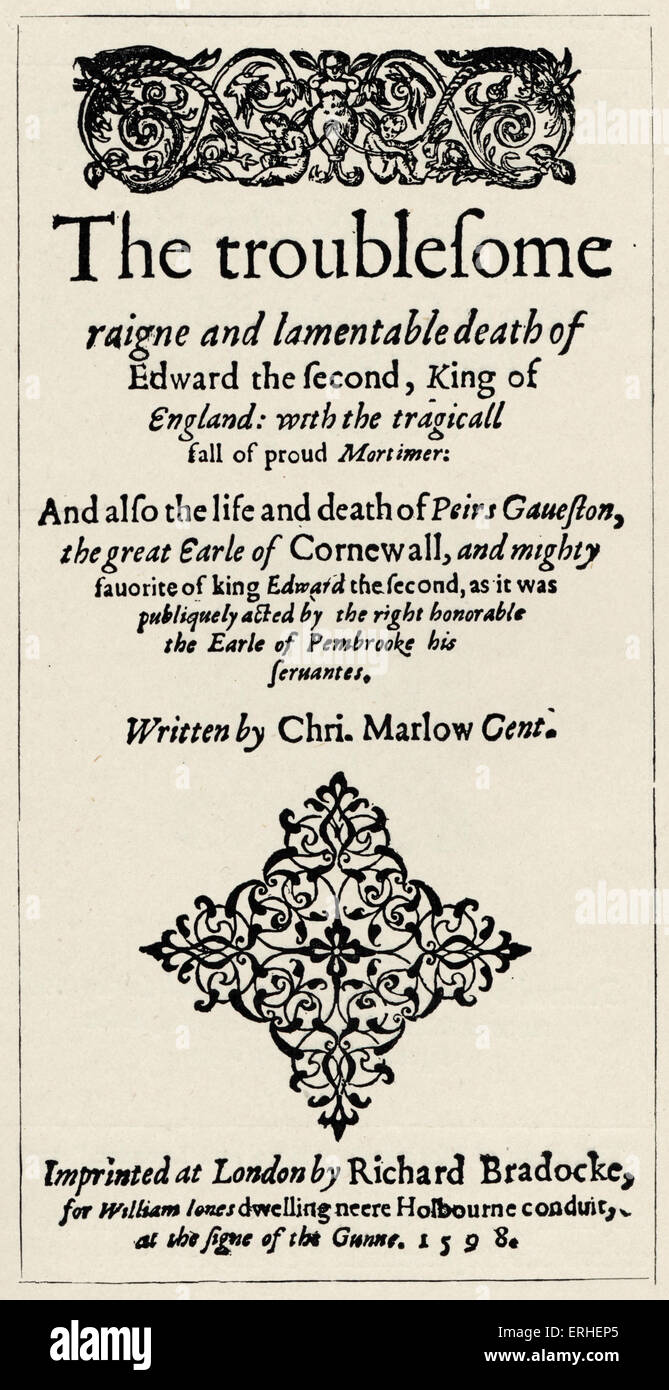

Not explicit sex, mind you, nor even the romantic horniness of many an Elizabethan play. Each lays blame for the discord on the king's character, nonetheless showing his aristocratic enemies to be a scheming, disloyal, self-interested lot.īut Marlowe's Edward II has in modern times proven to be more appealing to a modern audience-probably due to its reputation for sex and violence. Each focuses on the king's fight with a jealous nobility, conflating that fight with conflicts against the church. Both monarchs had been unpopular, both plays initially published with titles beginning "The Troublesome Reign."īoth plays are largely expository, each condensing two decade's history into dramatic action that appears to span only a few seasons.

Both the kings, John and Edward, had ruled far enough in the past that they provided politically safe material for theatre. Edward II deals with events three centuries before the playwrights' time. The one Shakespearean play it's best compared to though may be King John, which focuses on historical events four centuries earlier.

It's hard not to rank it with those and, when you do, it comes in somewhere between Shakespeare's lesser histories and the later masterworks in the series. So Marlowe's Edward II fits right in with Shakespeare's three Henry VI plays and Richard II, which had likely already hit the stage, and the two-part Henry IV, plus Henry V and Richard III, to come. Marlowe's new work then was about an English king in the same centuries-long line of succession leading up to their time that Shakespeare was plundering for narratives. But by 1592 the Stratfordian was making a name for himself and had already matched Marlowe's output. Shakespeare the actor and novice playwright no doubt himself followed Marlowe's rising star in London theatre in those days. We may appreciate Marlowe's own earlier plays, especially Tamburlaine and Dr.

One keeps sliding into thinking of it as minor Shakespeare-you know, all those early plays with kings and numerals in their titles. It can be difficult to read Edward II today as a Christopher Marlow play.


 0 kommentar(er)
0 kommentar(er)
